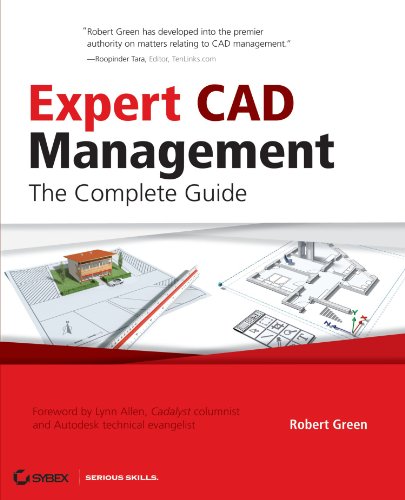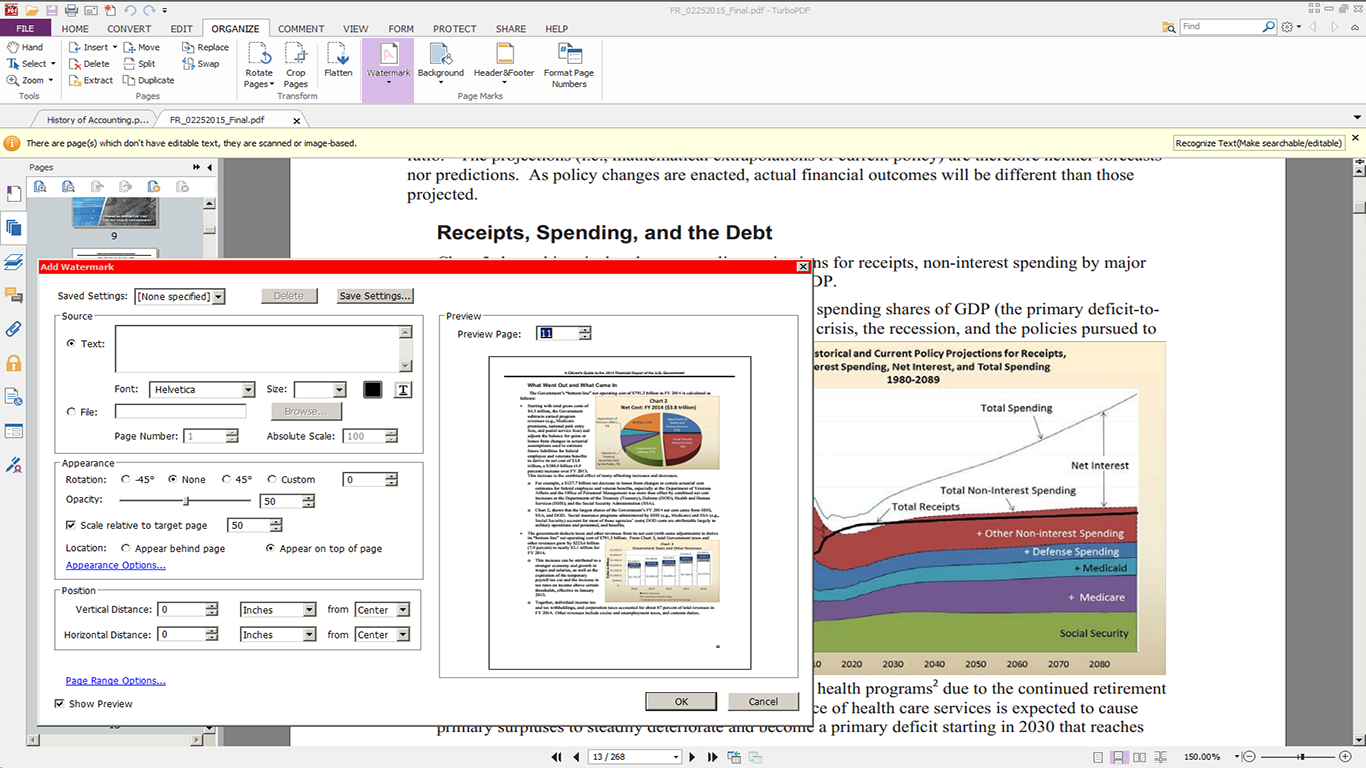Because other career-minded individuals are, and they are getting the jobs that you want! After reading take a good look at your career objectively. The result just might be a better job, more money, and greater peace of mind.
Work Experience
Work experience is what backs up your claim of being able to do a job. It demonstrates competencies in areas of importance to the employer. Your experience, or lack of it, is what an employer will notice when reviewing your resume.
There are several factors to consider: software, industry, geography, etc. With respect to software, many employers will want employees that are proficient in at least one CAD software package. This could be AutoCAD, MicroStation, Pro/E, ArchiCAD, or a few others. This tells the employer that you will be able to “hit the ground running” on projects that use CAD. Not having this proficiency can severely impede your ability to land a position.
The industries in which you have experience will also be scrutinized. An AutoCAD proficient “mechanical” designer may not migrate well into Architecture. There are even industries within industries. For Architecture, there is educational, commercial, residential, industrial, and health care specialties. Geography can also affect your ability, positively or negatively, to land a position with a particular firm. If your experience is in an area where the building regulations are largely different, than you may or may not be the right person for the job at hand.
College Education
A modern incarnation of the old “apprenticeship” is a college degree. It shows that a commitment has been made to learn a particular trade. Many jobs today require some sort of college degree. Some employers look for at least a bachelor’s degree as part of their screening process.
CAD professionals today can take a number of different routes in their careers. Some may migrate from CAD operator to Architect. Others may learn Architecture first, then learn CAD. Yet others may grow from CAD designer into a CAD/Network Administrator. These paths can endlessly be intertwined. Rest assure, that any competency learned is to your advantage.
As far as what degree to earn goes, it is largely a matter of personal preference. For those that have the means and the inclination to “get it over with”, they may opt to go full time to college. For those that are less certain of their career goals, they may work and go to college part time, until reaching a long-term decision.
Professional Affiliations
Strategic alliances are important in many fields of endeavor. CAD professionals that affiliate themselves with recognized groups would quickly develop a greater sense of their industry. Membership in professional groups can bring many benefits to your CAD career. First, it shows that your are serious about keeping yourself up to date. This is a positive trait that is all to often not present in today’s CAD technicians. Second, it is a perfect way to start building your own virtual support group (see next section). Third, these groups are an excellent way to volunteer your services for the betterment of your industry. A by-product of doing this is experience for yourself, and recognition from your peers.
Forming your own Virtual Support Group
Networking, in the social context, is critical in today’s global economy. Many people have heard, yet still ignore, the statement “it’s not what you know, it’s who you know”. I believe the statement should read “it’s not only what you know, but who you know as well”. Networking with others is how you learn about job openings, new software features, economic developments, and general news about your industry.
Making an effort to interact with others who hold similar interests will increase your awareness. User groups know this, and that is why they often have Special Interest Groups, more commonly known as SIG’s. By discussing the issues of the day within a SIG, members learn about specific developments that may affect their careers.
Let’s look at job openings for a moment. The traditional way companies hire new staff is by placing ads in the newspaper. This tiresome and potentially lengthy process can sometimes be averted by asking one question: “do you know anyone?”. When managers ask this question of someone, they are generally very open-minded to the answer. After all, they initiated the conversation. If that person has their own “network”, they can spread the word and perhaps find a good referral in a short amount of time.
How about technical support. CAD, being a complex tool, usually presents technicians with questions from time to time. Having people you can contact when you have a question is one of the best benefits of your own “virtual support group”. As long as you are willing to reciprocate in the future, others will answer your question at hand. This is essentially free phone support. Perhaps a saying from years ago sums it up best, “you scratch my back, I’ll scratch yours”.
Relocation may also happen to you in your CAD career – not just to another job, but to another state, or perhaps even another country! Perhaps your spouse needs to relocate because of an ill relative, or a new job. Well, you will most likely be relocating with your spouse. This means that you will be seeking employment in a geography you are unfamiliar with. Again, your virtual support group can come to the rescue. By simply asking about the local economy and businesses in the area, you can gain insight over and above what you could have found out on your own. Furthermore, you will do it in a much shorter amount of time.
Layoffs are something that CAD professionals must deal with from time to time. Like any cyclical system, the economy will go through its ups and downs in the future, just as it has done in the past. In down times, workers get laid off. If this has happened to you, you now that sinking feeling that you get in your stomach. If it has not happened to you, it doesn’t mean that you are immune.
The best plan for dealing with layoffs is preparation. Keeping your resume up to date will lessen the time you spend laid off. With this done, the next component is who to tell. If you have developed a virtual support group, you can immediately inform them of your change in employment. This saves you from the anxiety of waiting for the Sunday classifieds to come out, and the subsequent frustration of not finding the right quantity or quality of job openings.
Managing a CAD career is a challenging task. Commitment and awareness are the keys to long-term success. By being committed, you will make the effort and do what it takes to succeed. By being aware, you will notice opportunities when they present themselves. Some choose to hold the philosophy of “happy to stay, prepared to leave”. This may sound offensive to some people, but it isn’t meant to be. It is merely the voice of a happy and confident CAD professional that is prepared for the future.







Auto Cad tech new to South Florida,looking to join a virtual support group to share ideas and locate a job .